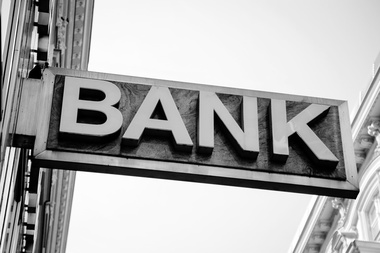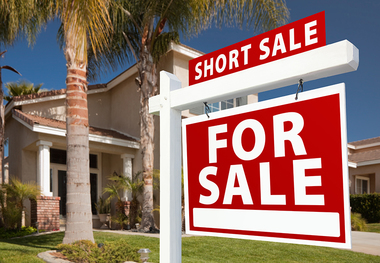
1. Mortgage Pre-Approval
A no-cost, no-obligation pre-approval before you start house hunting can save you big time. The seller knows you're a "cash buyer" and may favor your purchase offer over another. Find a lender who offers pre-approval. That's not the same as "instant approval," which is often an approval loaded with qualifications. Nor is it a how-much-can-I-afford "pre-qualification" estimate, which doesn't give you the same bargaining clout.
2. Quick Loan Processing
Some lenders offer actual mortgage approval in just 5 to 7 days, and electronic underwriting is sometimes even faster. Ask about it. This quick turn-around could get you to settlement sooner, which may make you the most attractive potential buyer to your seller and may mean less time in temporary housing.
3. Flexible Underwriting Guidelines
Some lenders count the earnings of a spouse who doesn't yet have a job in the new location but has at least a two-year work history. That kind of flexibility may make you eligible to purchase the home you want.
4. Variety of Mortgage Products
Perhaps you'll do best with a short-term mortgage or an adjustable-rate loan or two-step plan. Find a lender who offers a selection of mortgages and even unique mortgage products that suit your situation best.
5. Rate-Lock Options
Find out what rate-lock options are available from the lender. The shorter the lock time, that is, the less time between when you agree on a mortgage rate and when you actually go to settlement—the lower the interest rate you'll have to pay.
6. Negotiable Lender Fees
Go to a lender whose fees are reasonable. Question extra charges, such as a "commitment fee" or "underwriting fee" or "processing fee." Mortgage lending is competitive and lenders often will negotiate fees to get your business.
We can work together to find the house that's right for you, and we can talk about how to make sure the loan is right, too. Please give me a call or send an email.

